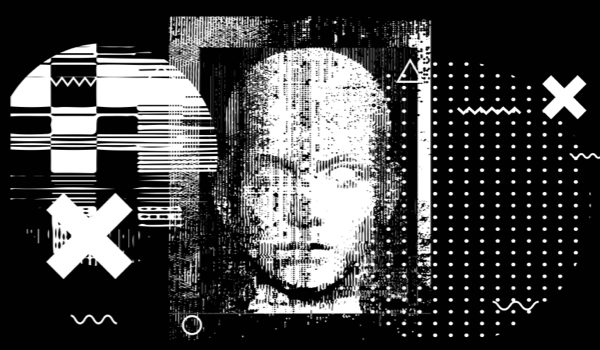


TORONTO - There was once a charming person who one day said, 'Hello.’ On March 7, 1876 that person was Alexander Graham Bell, inventor of the telephone. From that day to this, many billions of people worldwide repeat this word happily, making it the most-used term in the history of civilization. While testing his phone, Alexander could have easily used phrases like 'Holy cow' or 'Are you deaf?’ History is packed with sweet, accidental moments such as these that teach great lessons in corporate naming.
In 1876, master filmmaker Steven Spielberg and his fictional film AI had not yet come to pass - if they had, they might have played the key role that Bell’s invention did. Imagine a world where the 'telephony' of the day was instead called AI, or 'artificial innocence.’
Heralded as the latest magic to change the world, artificial intelligence (AI) eliminates the need for long letters and tedious proofreading. One must simply speak into a mouthpiece, and AI - inside the line like a barefoot assembly of lost souls working overtime - will listen, memorize, and transmit one’s personalized message in one’s own voice - including one’s emotions - directly into the ears of recipients.
Such ‘magic’ - branded ‘AI’ - could corner people's hearts and souls. Later, in the hands of the big branding circuses arriving in towns, AI might offer singsongs, poems, hymns, and occasional acts of fury - with appropriate verbiage to suit the occasion and jam the lines.
The telephone was the most significant revolution in connectivity, shrinking distances while spaghetti-like switchboards brought towns together - and later the world. Phones also evolved from rotary dials and landlines to become touch and mobile, bringing the world into people’s pockets.
The mythical card of AI was not played, however. No matter what happens next, the term 'telephony' has become a generic word in the public domain for
The content herein is subject to copyright by The Yuan. All rights reserved. The content of the services is owned or licensed to The Yuan. Such content from The Yuan may be shared and reprinted but must clearly identify The Yuan as its original source. Content from a third-party copyright holder identified in the copyright notice contained in such third party’s content appearing in The Yuan must likewise be clearly labeled as such. Continue with Linkedin
Continue with Linkedin
 Continue with Google
Continue with Google







 952 views
952 views










